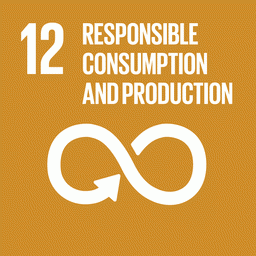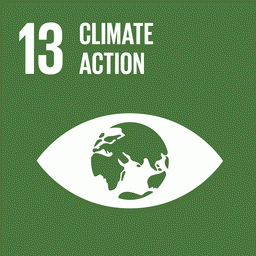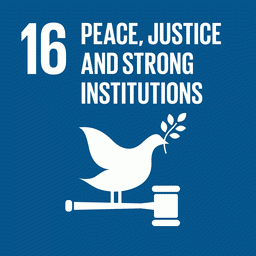By Sara Leal*
The election of Luiz Inácio Lula da Silva as the new President of Brazil raised expectations that Free Trade Agreement negotiations between the European Union and Mercosur (EU-Mercosur agreement) will resume. A free trade agreement between the European Union (EU) and Mercosur (bloc comprising Argentina, Brazil, Paraguay and Uruguay). The parties reached a deal “in principle” in 2019, but negotiations for the treaty’s ratification have not advanced since then.
To give voice to the populations that will be direct – and indirectly – affected by the agreement and their concerns regarding the consequences if the treaty is signed, IPAM (Amazon Enviromental Research Institute), in partnership with Fern and ISA (Socioenvironmental Institute), promoted a series of consultations and interviews on the EU-Mercosur agreement. We heard representatives of local organizations, collectives, and indigenous and traditional communities from Brazil, Argentina, and Paraguay. A total of 22 people from 20 local organizations participated in the meetings.
As a result of these consultations, two initiatives are released this Wednesday (01/02) that will serve as a source of information to understand better how the ways of life, production, human rights, and the dangers of changes in their regions could be affected by the agreement: a policy brief summarizing the main topics addressed during the consultations; and a series of four interviews, carried out within the framework of the Amazoniar project, with guests from different organizations in Argentina, Brazil and Paraguay.
Watch the first interview:
“If ratified, the treaty directly and indirectly impacts the lives of indigenous peoples, traditional communities and family farmers. Therefore, it is necessary that the negotiations be carried out with transparency and dialogue with the civil society of the blocs. These populations need to be aware of the process and have the opportunity to be heard and position themselves in relation to the next steps”, says IPAM researcher Olivia Zerbini.
“This is a way of helping the general public and decision-makers on both sides of this agreement to better position themselves concerning it, taking into account the issues raised by the guests, as well as establishing the inclusion of representatives of these populations in the debate on the treaty’s guidelines,” says the deputy director of Science at IPAM, Patricia Pinho.
The materials produced in this project are supported by the European Climate Infrastructure and Environment Executive Agency (CINEA), the Norwegian Agency for Development Cooperation, and the Open Society Foundations.
Check out the release dates of the episodes and respective interviewees:
1. Sergio Rojas (CONAMI Chaco – National Council of Indigenous Women, Argentina) – vídeo | transcription of the complete interview
2. Kátia Penha (CONAQ – National Coordination of Quilombos Articulation) and Erileide Guarani Kaiowá (Guarani Kaiowá People) – vídeo | transcription of the interview with Erileide Guarani and Kátia Penha
3. Ana Romero, Unión Juvenil Indígena del Paraguay – vídeo | transcription of the complete interview
4. 1. Julio Xapuri – National Council of Extractive Populations (CNS) and Ana Paula Souza Santos (FVPP) – vídeo | transcription of the interview with Julio Xapuri and Ana Paula
The episodes will be released on IPAM’s Youtube channel.
Read the policy brief by clicking here.
*Journalist at IPAM, sara.pereira@ipam.org.br


